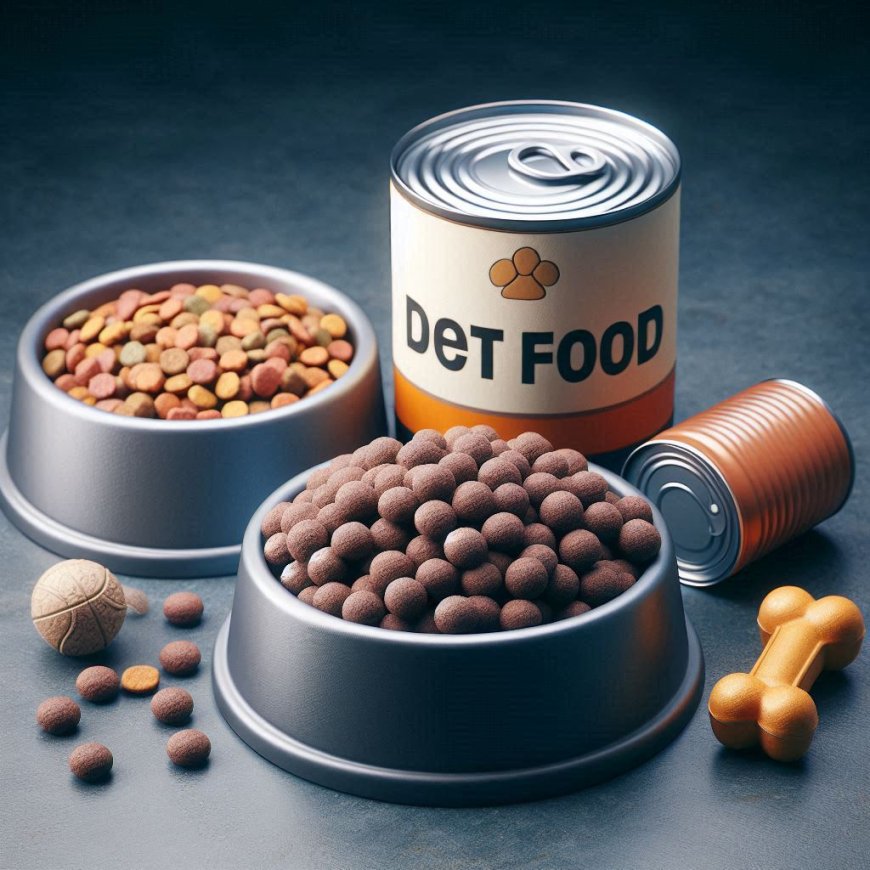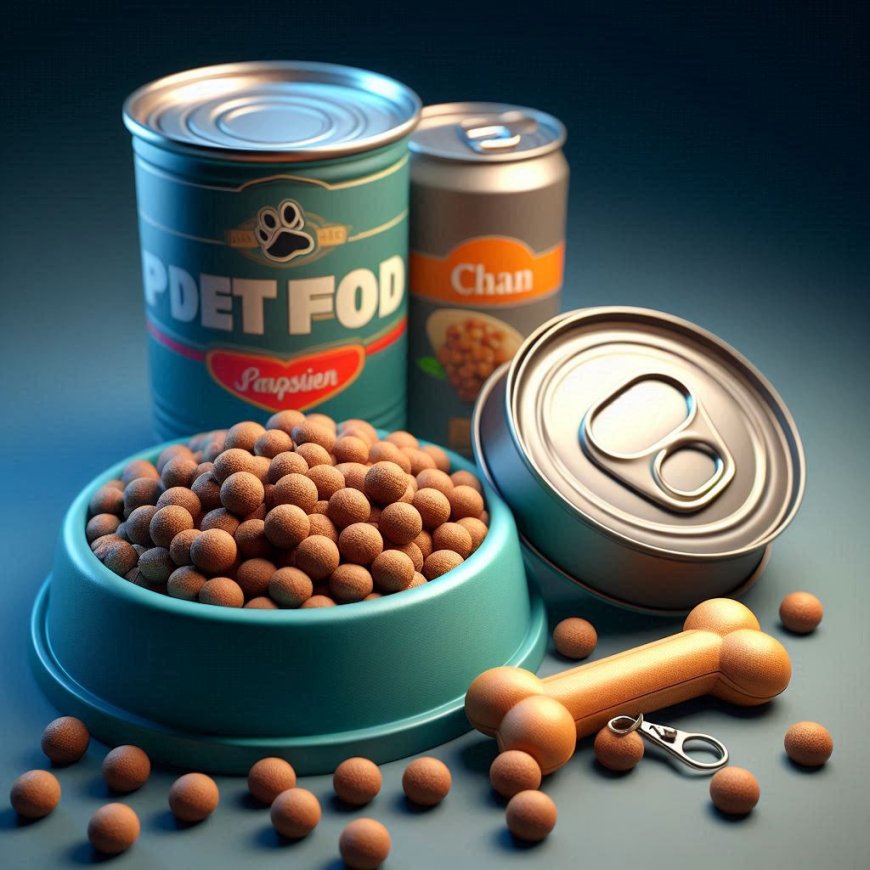The Comprehensive Guide to Pet Foods
Discover the best Pet Foods for your furry friends! Our comprehensive guide covers nutritional needs, top brands, and expert tips for a healthy and happy pet.

Understanding Pet Nutrition
Understanding the basics of pet nutrition is crucial when it comes to feeding our furry friends. Pets require a balanced diet rich in proteins, fats, carbohydrates, vitamins, and minerals. Just like humans, pets need a varied diet to maintain their health and vitality.
Essential Nutrients for Pets
Proteins are the building blocks of your pet’s body. They are essential for growth, repair, and overall health. Fats provide energy and help absorb vitamins, while carbohydrates offer additional energy and fibre. Vitamins and minerals support various bodily functions and prevent diseases Click Here.

Choosing the Right Pet Food
With a myriad of options available, selecting the right pet food can be overwhelming. When choosing their diet, it’s essential to consider your pet’s age, breed, and health condition.
Age-Specific Nutrition
Puppies and kittens have different nutritional needs compared to adult dogs and cats. Senior pets also require special diets to address age-related health issues. Always opt for age-appropriate food to ensure your pet gets the proper nutrients.
The Role of Organic and Natural Foods
Organic and natural pet foods are becoming increasingly popular. These products often contain higher-quality ingredients and fewer additives, which can be beneficial for pets with allergies or sensitivities.
Benefits of Organic Pet Foods
Organic pet foods are made without pesticides, hormones, and antibiotics, reducing the risk of exposure to potentially harmful chemicals. They also tend to have a higher nutritional value.
Special Diets and Allergies
Some pets may require special diets due to health conditions or allergies. Hypoallergenic foods, grain-free options, and prescription diets are available to cater to these needs.
Identifying Food Allergies
If your pet shows signs of allergies, such as itching or digestive issues, consult your veterinarian. They may recommend an elimination diet to determine the cause.
The Impact of Diet on Pet Health
A proper diet can profoundly impact your pet’s health. It can improve their coat, energy levels, and overall well-being.
Preventing Health Issues Through Diet
By feeding your pet a balanced diet, you can prevent obesity, dental issues, and other health problems. Regular check-ups with your vet are also essential to monitor your pet’s health.
Conclusion
Choosing the right pet food is a crucial aspect of responsible pet ownership. By understanding your pet’s nutritional needs and the options available, you can ensure a happy and healthy life for your companion.
FAQs About Pet Foods
Q: How often should I feed my pet?Q: Can I give my pet human food?
A: While some human foods are safe for pets, others can be toxic. It’s best to stick to pet-specific foods and consult your vet before introducing human foods to your pet’s diet.
Q: What is the difference between wet and dry pet food?
A: Wet food has a higher moisture content, which can be beneficial for hydration. Dry food is convenient and helps clean your pet’s teeth. Both can be part of a balanced diet.
Q: Is grain-free food better for my pet?
A: Grain-free diets are not inherently better and are only necessary for pets with specific grain allergies. Consult your vet to determine if a grain-free diet is proper for your pet.
Q: How do I transition my pet to a new food?
A: Transition your pet gradually by mixing the new food with the old over 7-10 days, increasing the proportion of the latest food each day to avoid digestive upset.












